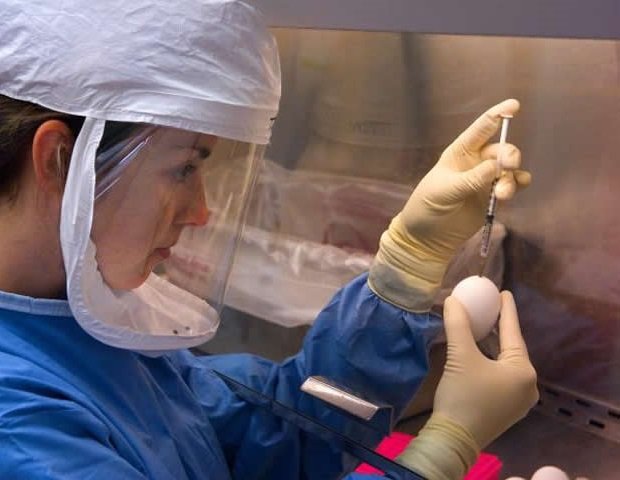A research team assessed both short and long-term cognitive, psychological and physiological outcomes of an adapted 8-week mindfulness-based intervention in a group of healthy older adults. The findings indicated that the participants improved in several domains, including verbal memory, attention switching and executive functions.
Considering that population aging is one of the most significant trends of the 21st century, and that one in nine people in the world is aged 60 or over (data from the United Nations Population Fund), the development of effective strategies to maintain good mental health in older adults is a public health priority.
Although it is acknowledged that mindfulness-based interventions (MBI) have the potential to improve the psychological well-being and cognitive functions of older adults, little is known about the effect of such interventions when delivered through the Internet.
It was in this framework that, during the COVID-19 pandemic, with the support of the BIAL Foundation, Samantha Galluzzi and collaborators evaluated the short and long-term cognitive, psychological and physiological effects of an online MBI delivered via web-based videoconference in healthy older adults.
For 8 weeks, 50 adults aged between 60 and 75 took part in an MBI with structured group sessions lasting 2 hours a week. Cognitive (verbal memory, attention and processing speed, executive functions) and psychological (symptoms of depression and anxiety, mindfulness, worries, emotion regulation strategies, well-being, interoceptive awareness and sleep) assessments were conducted. In addition, electroencephalography (EEG) data were recorded before and after the MBI and at the 6-month follow-up.
In the article “Cognitive, psychological, and physiological effects of a web-based mindfulness intervention in older adults during the COVID-19 pandemic: an open study”, published in February in the scientific journal BMC Geriatrics, the researchers reveal that the participants improved in several domains, including verbal memory, attention switching and executive functions, interoceptive awareness and rumination both pre-to-post MBI and at the 6-month follow-up.
The most significant changes, with medium effect sizes, were observed in immediate verbal memory and self-regulation in interoceptive awareness, and these improvements were sustained 6 months later. Furthermore, the study revealed changes in EEG alpha1 and alpha2 activity modulation, which correlated with improvements in attention switching, executive function and rumination.
According to Samantha Galluzzi, a researcher at the IRCCS – Istituto Centro San Giovanni Di Dio Fatebenefratelli (Italy), the results obtained “are promising as they showed that a web-based MBI in older adults leads to improvements in cognitive and psychological measures, with associated modulations in specific brain rhythms”.
Galluzzi, S., et al. (2024). Cognitive, psychological, and physiological effects of a web-based mindfulness intervention in older adults during the COVID-19 pandemic: an open study. BMC Geriatrics. doi.org/10.1186/s12877-024-04766-z.
Tags: Anxiety, Brain, covid-19, Depression, Electroencephalography, Geriatrics, Mental Health, Pandemic, Public Health, Research, Rumination, Sleep
In this interview, Dr. Fu Wei, Director of Quality Management Department at BGI Genomics talks to AZoMedical about achieving and maintaining ISO/IEC 27001 and BS 10012 certifications.
In this interview, Dr. Church, the Molecular and Pediatric Pathologist at Boston Children’s Hospital, talks to NewsMedical about their work in pediatric oncology, and the need to expand research and clinical options for children with cancer.
In this interview, News Medical speaks to Isaac Chiu, Ph.D and Daping Yang, Ph.D. of Harvard Medical School, about their latest research, revealing the surprising properties of pain.
News-Medical.Net provides this medical information service in accordance
with these terms and conditions.
Please note that medical information found
on this website is designed to support, not to replace the relationship
between patient and physician/doctor and the medical advice they may provide.
Hi, I’m Azthena, you can trust me to find commercial scientific answers from News-Medical.net.
A few things you need to know before we start. Please read and accept to continue.
Azthena may occasionally provide inaccurate responses.
Read the full terms.
While we only use edited and approved content for Azthena
answers, it may on occasions provide incorrect responses.
Please confirm any data provided with the related suppliers or
authors. We do not provide medical advice, if you search for
medical information you must always consult a medical
professional before acting on any information provided.
Your questions, but not your email details will be shared with
OpenAI and retained for 30 days in accordance with their
privacy principles.
Please do not ask questions that use sensitive or confidential
information.
